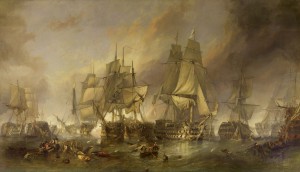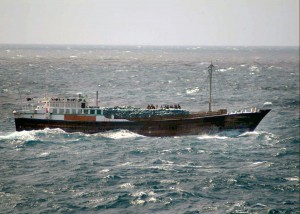By Christian Bueger
The Contact Group goes public
The Contact Group on Piracy off the Coast of Somalia (CGPCS), the main governance arrangement for coordinating and organizing the global fight against piracy, has finally launched its website today. As was announced in a UN press declaration the website will serve as a “cyber secretariat offering a sphere of communication for Contact Group participants; a database storing Contact Group documents and other piracy-related materials; and an information centre promoting the work of the Contact Group to the general public.” The website will be jointly operated by the Republic of Korea, the United Kingdom and the United States.
The website makes for the first time the documents of the Contact Group’s plenary, its five working groups and its Trust Fund (meeting protocols, declarations) available to the public. It explains the work of the CGCPS in digestible terms in an About section and a FAQ. It provides a list of links to the main other organizations dealing with piracy. The CGPCS completes its public face, with a Facebook and a Youtube account. For an international organization the website is quite impressive in the way it organizes its material and it will indeed be an important tool to make the work of CGCPS transparent. Moreover, it will become a valuable tool for researchers observing and analyzing the work of the Contact Group. Read more →




